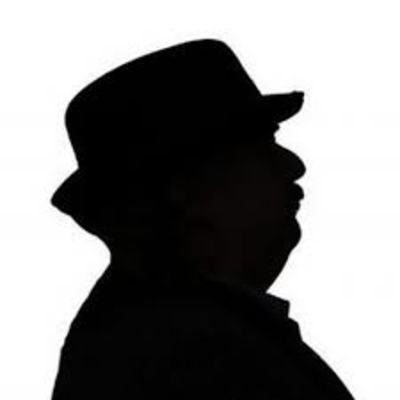The first time I saw Pulitzer-winning food critic Jonathan Gold, he was wearing an eyepatch and playing cello. The scene was the Anti-Club, an east Melrose Avenue dive devoted to arty punk noise. There was nothing wrong with Jonathan's eye; the patch was meant to give him a piratical air onstage with his early-'80s band Tank Burial, fronted by a raving street derelict whom Jonathan had to track down in a parking lot or under a bridge before each performance. After a good measure of thrashy abstraction, Jonathan settled his bow on the cello (which he drove at high distortion through a Marshall stack) and pushed into the doomy riff of the Black Sabbath weed homage "Sweet Leaf." I was impressed. And it would be far from the last occasion.
A couple of years later, Jonathan applied for a job at L.A. Weekly, where I managed the proofreading department. He had experience, since he was already proofing for the Daily Journal, an organ reporting on matters of legal interest. I didn't hire him for that, or because he was a weird musician. I hired him because he got the best score on the test.
Soon I discovered that proofreading at the Weekly was not Jonathan's life goal. One day a man in a dark suit arrived and asked to talk to me, saying Jonathan had approached the CIA about a foreign-service career. Although I described Jonathan as a competent person whose patriotism I had no reason to question, his employment at the lefty Weekly cannot have been a high recommendation, and Jonathan was not destined to become a spy. He did, however, eventually call his food column Counter Intelligence.
Prior to becoming a culinary maven, Jonathan found ways to establish a niche. Sensing that an alternative newsweekly might be a place to expose extreme music, he wrote about speed metal and avant-garde jazz long before I did -- I thought no one would care. Jonathan even briefly became music editor.
Jonathan was surprised by the success of his writing about non-mainstream cuisine, a subject that he had considered just a personal quirk. In some ways it amused him to tempt gullible bourgeois into visiting strange neighborhoods and risking the bellyache of their lives. But his sense of adventure also served a social purpose, since people rarely hate what they know: Jonathan did his part in making the many disparate parts of Los Angeles seem familiar.
Intelligent, articulate, funny, original, driven and engaging, Jonathan was a great cultural ambassador. He can't be replaced and won't be forgotten, at least as long as taco stands and Asian cafés continue to display his reviews in their dusty windows. And thanks to lamination, that's practically forever.

